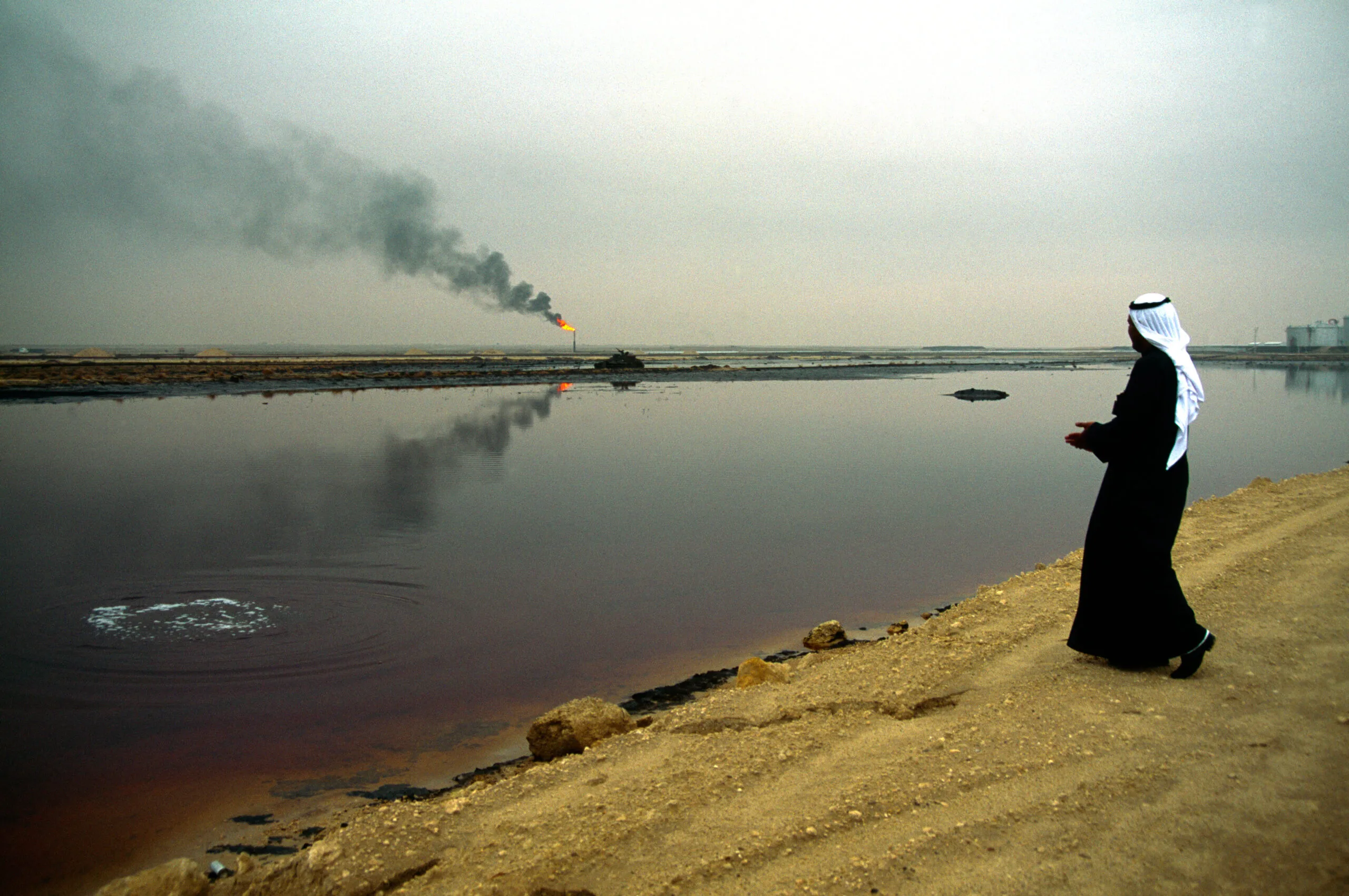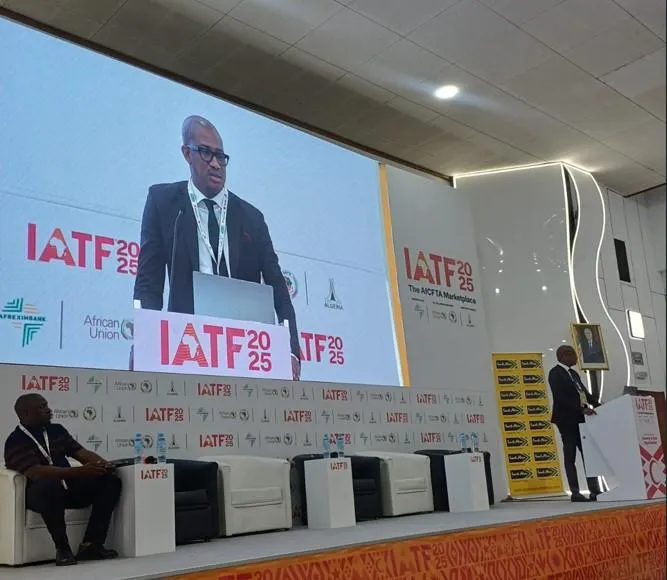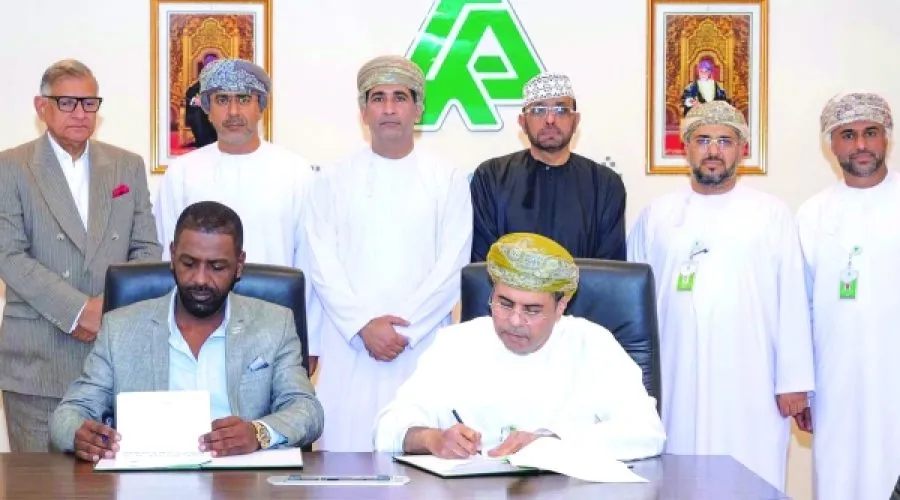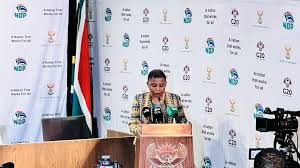Energy Other

The UAE’s Moment to Lead the World from Words to Action

UAE's Climate Leadership Opportunity
The UAE has established itself as a key player in global climate diplomacy through hosting COP28, securing the UAE Consensus with its historic fossil fuel transition language, and adopting the region's first federal climate law. As COP30 approaches, the UAE faces a new opportunity to bridge the ambition gap between current climate pledges and the 1.5°C pathway by demonstrating how to turn commitments into measurable action through implementing its new climate legislation.
From Legal Framework to Concrete Progress
While the UAE's NDC 3.0 pledges a 47% reduction in net greenhouse gas emissions by 2035—representing significant progress—Climate Action Tracker rates it as "Almost sufficient" but unrealistic to achieve. The recently adopted Federal Decree-Law creates the necessary policy environment through mechanisms like monitoring and reporting systems, but crucial details regarding emission targets and sectoral alignment remain undefined, leaving implementation as the critical test.
Key Recommendations for Implementation
Greenpeace recommends several measures for the implementing decrees to ensure the law effectively supports climate goals: legally binding the 47% emissions reduction target to enhance accountability; linking the MRV system to enforcement mechanisms with penalties for non-compliance; ensuring transparent reporting to build trust; and establishing clear limitations on carbon capture to prevent it from undermining renewable energy targets.
Strategic Shift in Fossil Fuel Approach
The analysis suggests the UAE should transition from positioning itself as "the last one standing" in the fossil fuel market to becoming "the first to stand down" from new fossil fuel extraction. Given its leadership role in securing the UAE Consensus and its unique position as a major oil producer committed to decarbonization, this strategic shift would significantly enhance its climate credibility and influence.
Regional Context and Global Implications
Although the MENA region bears minimal historical responsibility for emissions, it faces disproportionate climate impacts including temperatures rising at twice the global average. By fully operationalizing its climate law with binding targets and transparent accountability, the UAE can bridge the ambition gap it has identified and chart a credible course toward a sustainable future that other fossil-fuel-dependent economies could follow.












